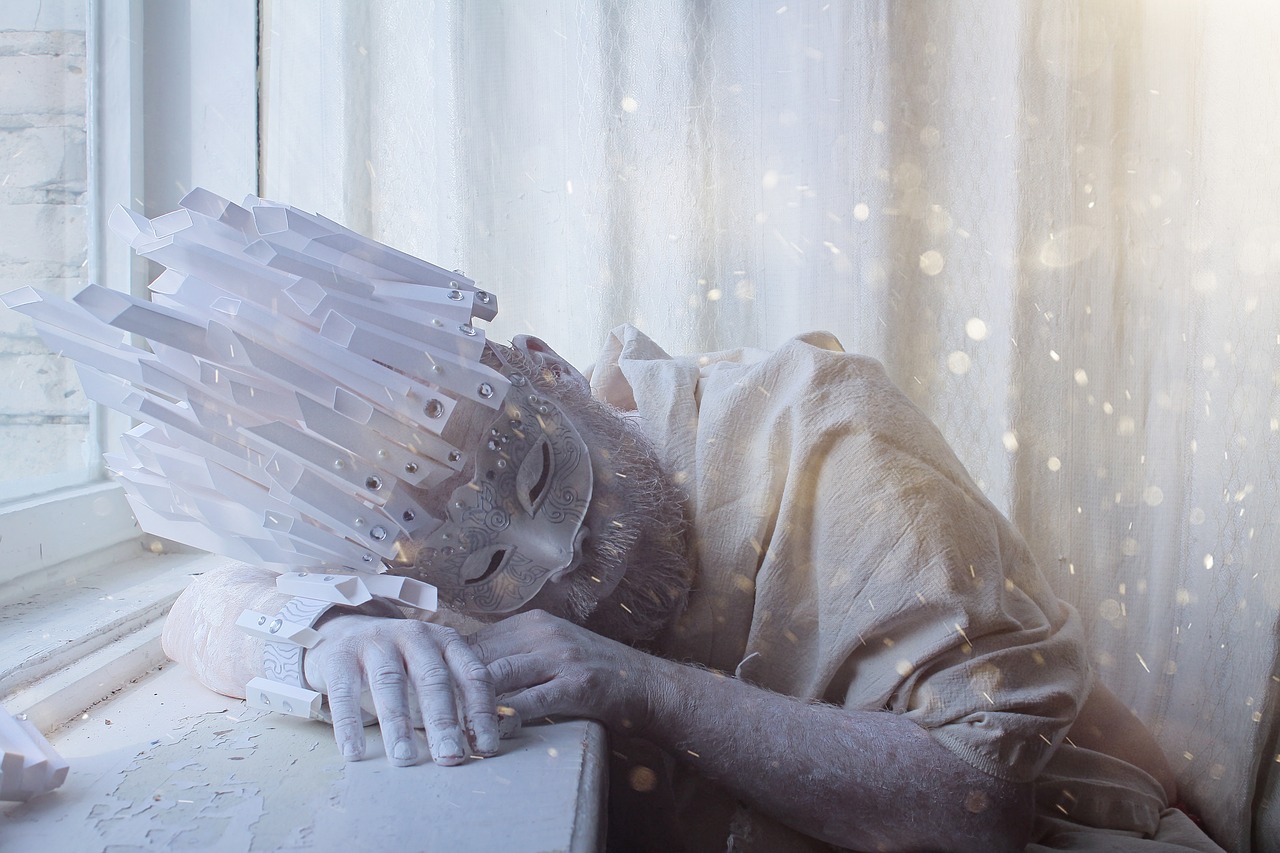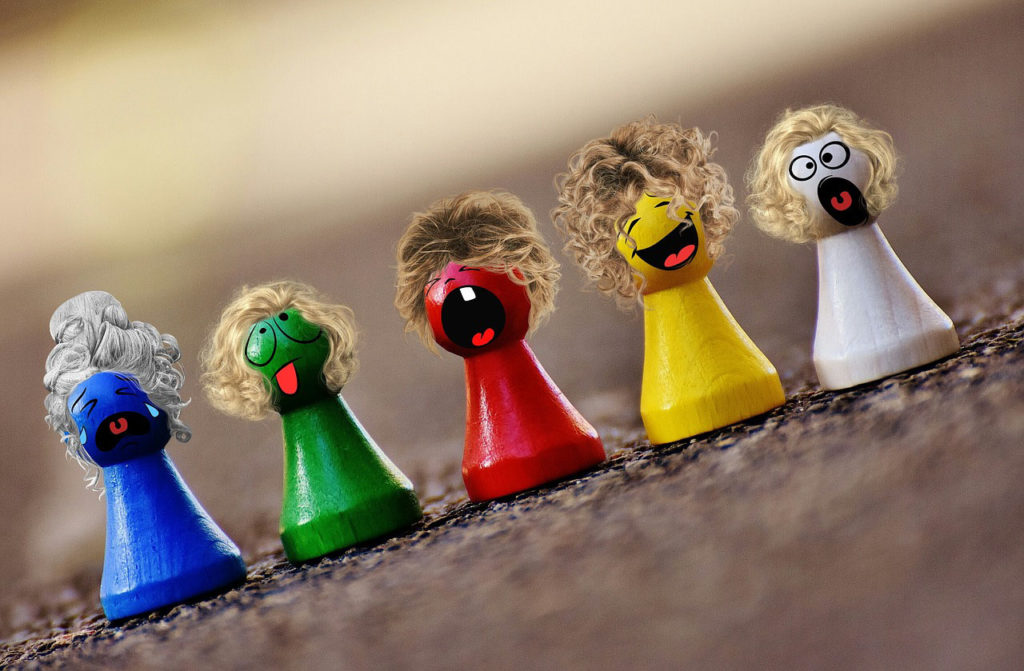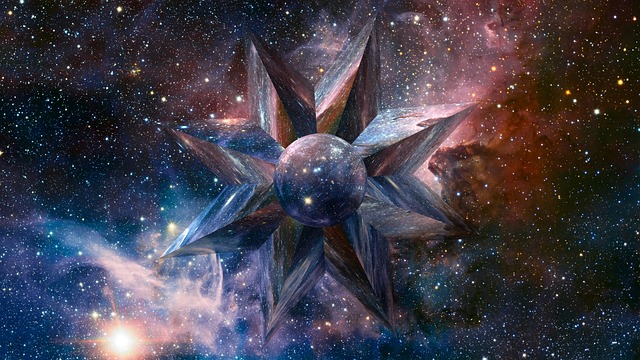Dreams and Waking Life
Here’s a question for you: Which are the major differences between your dream consciousness and your waking life consciousness? Pondering on this, you would perhaps come up with some of the following answers: a) you can’t (really) control your dreams; b) limitations don’t exist in dreams; c) dreams aren’t real. This latter possible answer I consider controversial, but let’s leave that aside for another day. Let’s instead focus on another major difference between dreams and waking life: the continuity of experience.

You see, when you wake up in the morning, you still remember what you did the day before. You remember your plans for the present day. And if you left a book in the middle before going to bed, you can pick up from it remembering the plot that far.
The same almost never applies for dreams. With extremely rare exceptions, when you dream you don’t just continue doing what you were doing in a previous dream. There is no continuity of experience in dreams, unlike waking life.
(more…)
